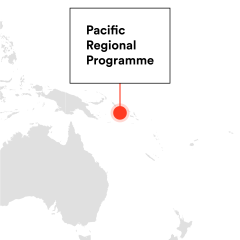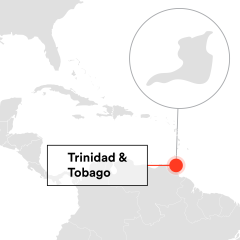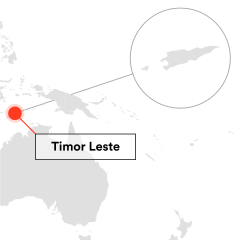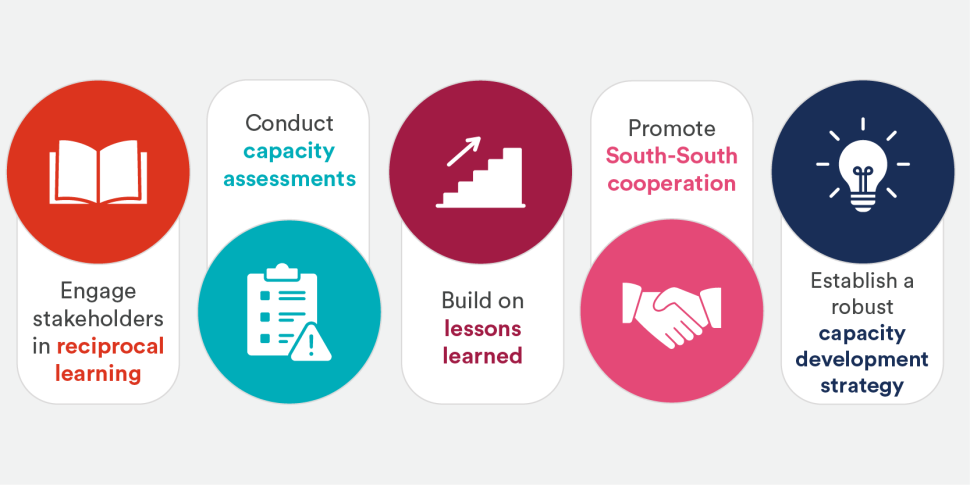Support capacity building for partners

Support capacity building for partners
Case Studies

Spotlight Initiative established a Regional Gender Based Violence (GBV) Administrative Data Technical Reference Group in the Pacific region. This group works with key stakeholders to build their capacity on how to develop and manage robust GBV case management systems. Stakeholders include national statistics offices, the justice sector and the police sector across the Pacific. This reference group works to:
- Support regional dialogues to share learning across the region
- Build a community of practice on developing GBV admin data systems in the Pacific
- Provide technical support including peer-review of documents and ensuring sectors responding to GBV are linked up with a GBV administrative data system
The reference group provide this support through workshops that guide participants through tailored activities focused on building, managing and analysing GBV administrative data systems. These workshops are focused on the needs of the survivor and emphasise prioritising the safety of survivors at all times. They discuss the importance of procedures to ensure the survivor is not at risk of backlash and of consent, data confidentiality and data protection.



In 2022, Spotlight Initiative in Trinidad and Tobago aimed to improve CSOs’ access to grants through a three-tiered approach of stakeholder consultations, capacity building, and adapting processes to be more context-relevant. The objective was to support resource mobilisation and increase institutional, operational and technical capacities for long-term and sustainable work on EVAWG.
The programme began by consulting a Civil Society National Reference Group to discuss feedback on Spotlight Initiative’s funding opportunities and requirements. CSOs provided feedback that the timeframe for responding to adverts was too short, that the requirements were not contextually appropriate and were too stringent, that the language was difficult to understand, and that the structure of the adverts was unclear. Following this feedback, the programme held additional townhall meetings, field visits to communities, and regional events and meetings to validate this feedback and gather feedback from other CSOs with diverse ages, locations, communities, and those representing groups who are often excluded from programmes.
Building on the lessons identified through this process, the Spotlight Initiative programme in Trinidad and Tobago developed simplified and easy-to-understand advertisements and templates for grant applications. These templates included “Top Tips” and guidelines for how to complete sections. In addition, rotating advertisements were posted with no submission deadline and the requirements for grant-making were changed to focus less on technically advanced proposals, and more on prioritising the inclusion of grassroots CSOs and disadvantaged groups.
The Spotlight Initiative programme introduced town halls to accompany each advertisement to provide CSOs with a detailed walk-through of the submission templates and guidelines for applying. They also recruited a team of coaches to develop and implement a comprehensive capacity building training for CSOs who received grants. This commitment to capacity building supported the Spotlight Initiative programme in Trinidad and Tobago to reduce the requirement for technically advanced applications.
Between 2020 and 2022, following the introduction of this capacity building and re-structuring of grant-processes, an additional 15 organisations received approval and accessed grant funding through this mechanism. All these organisations were new to the UN system, and it was the first time they received funding to support internal capacity building and strengthening for their programmes, services, systems and expertise.



In 2021, Spotlight Initiative supported their CSO partner ALFELA to conduct a capacity assessment of the National Police of Timor-Leste (PNTL). This involved interviewing 102 police officers from various departments to understanding PNTL’s response to VAWG cases. The assessment found that 55% of officers were not familiar with the Timor-Leste's law against domestic violence, 45% were not clear on how to handle cases, and only 60% knew how to properly categorise cases. Following on from this assessment, ALFELA conducted a day-long roundtable discussion with officers from the national Vulnerable Persons Unit (VPU) in municipalities and VPU and Community Police from 10 municipalities to discuss how to address these gaps in capacity. Following recommendations from this roundtable, ALFELA developed gender-responsive training for VPU and community police.








